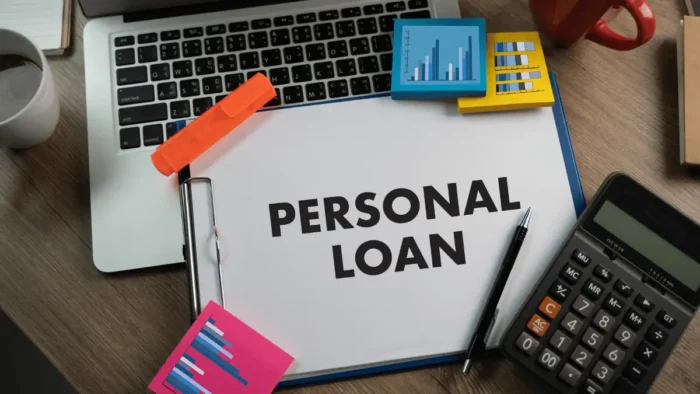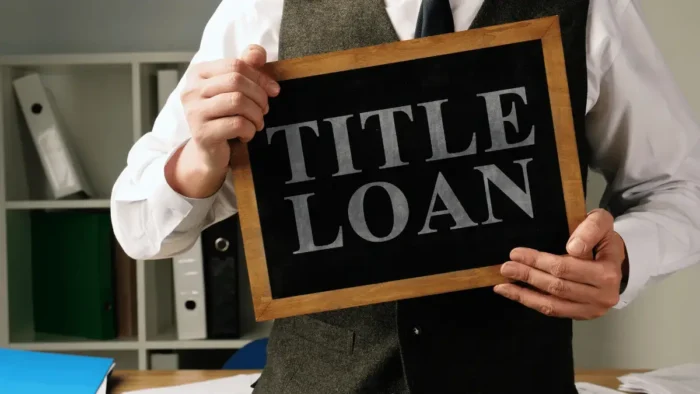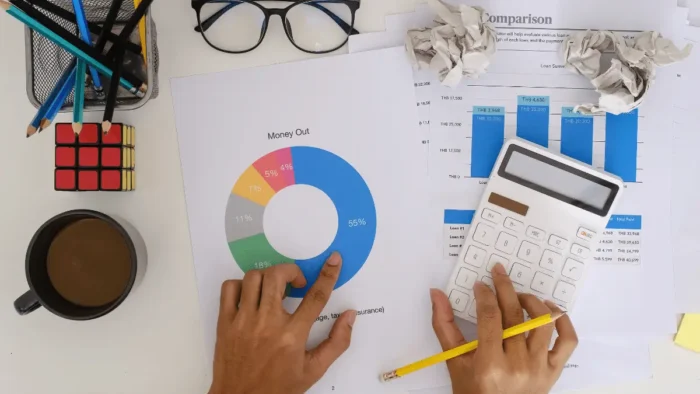Did you know that in 2005 there were more than 2 million bankruptcy cases filed?
Although most bankruptcies are filed by consumers and not businesses, with everything happening nowadays there are more businesses considering filing for bankruptcy because they are having a hard time making ends meet. If you are confused about the differences between Chapter 7 and Chapter 13 bankruptcy, you are in the right place.
We are going to cover the main differences between both to help you decide which option is best for you and your business.
Chapter 7 Bankruptcy
If you feel that your business does not have a viable future, then filing a Chapter 7 business bankruptcy might be the best option for you. If you have to declare bankruptcy then this option helps when your business debts are so overwhelming that you can’t restructure them. It is also a good option when a business doesn’t have any substantial assets.
Keep in mind that before a Chapter 7 bankruptcy is approved the applicant is subject to a “means” test. This means that the income can’t be over a certain limit in order to be approved. If the bankruptcy is approved then the business is dissolved.
This option is available for either partnerships, corporations, and sole proprietorships. Trustees are appointed by the court to take possession of all the business assets available and distribute these among the creditors. When the assets are distributed and the trustee is paid, the sole proprietor receives a “discharge.”
The discharge is what releases the business owner from any debt obligations that the business holds.
Chapter 13 Bankruptcy
This type of bankruptcy can be used for sole proprietorships that are looking to reorganize rather than liquidate. Partnerships, LLCs, and corporations do not have the option to file a Chapter 13 bankruptcy. With this option, the business owner files a repayment plan with the bankruptcy court with details on how they are going to repay all the debts.
This means that the business is not dissolved and can continue to operate as long as it continues to repay its debts according to plan. The amount that has to be repaid will depend on how much your business earns, how much is owed, and how much property you own. The more money your business makes the more you will have to pay back.
There are certain debts that have to be repaid fully no matter how much money you make or don’t make. If you do not make much money and you can’t show that you have enough income to repay these debts in full then you might not be able to file a Chapter 13 bankruptcy.
One of the advantages of this option is that you get to keep all of your assets. If you have a lot of assets then Chapter 13 might be the best option for you. This allows you to protect all of your business assets and continue to run your business.
Another advantage is that your business debts are not separate from your personal debts. This means that you can include everything you own in your bankruptcy. If you have debts that are not secure by collateral such as, credit cards then you will more than likely pay a much smaller amount than what you owe.
One disadvantage of filing a Chapter 13 is that it takes much longer to go through the process than a Chapter 7 option. The reason is that you have to make monthly payments to a trustee anywhere from three to five years. Then the trustee pays your creditors according to the plan approved by the court.
✋ Warning
💡 In search of a trustworthy bankruptcy attorney? We’ve got you covered! Discover our expert advice here! ⚖️
Should You File?
If you are struggling with debt and do not have income coming in, then more than likely the answer is yes. Unless you can acquire a loan and you foresee sales increasing in the future then maybe filing for bankruptcy is not necessary.
Chapter 13 bankruptcy will allow you to keep your property and your business open by reorganizing your debt, while Chapter 7 will force you to distribute your assets and close your business doors. But Chapter 13 is for individuals and will only work if you are a sole proprietor.
Choosing the best option will depend on whether you want to shut your business doors or not. It will also depend on the income your business is bringing in.
Contacting an Attorney
Sometimes the best way to deal with a bankruptcy is to consult with a bankruptcy lawyer. Filing for bankruptcy when you own a business might be confusing and it is easy to make a mistake.
Having someone in your corner that understands all the ins and outs will be the best way to ensure that your interests are protected and you are choosing the best filing option for your business and situation.
Keep in mind that every state has its own set of laws. This is why hiring a local attorney within your state is best. You want someone that is not only familiar with bankruptcy laws but also with your state laws.
Feeling Like a Bankruptcy Pro?
Although most people do not go in business to find themselves in a situation where they have to file for either Chapter 7 or Chapter 13 bankruptcy, sometimes things happen. Do not be ashamed or embarrassed if you are going through this situation right now. You are doing the right thing by learning more about your options to help you make an informed decision.
Did our article help you today? Please come back soon to never miss our latest.





